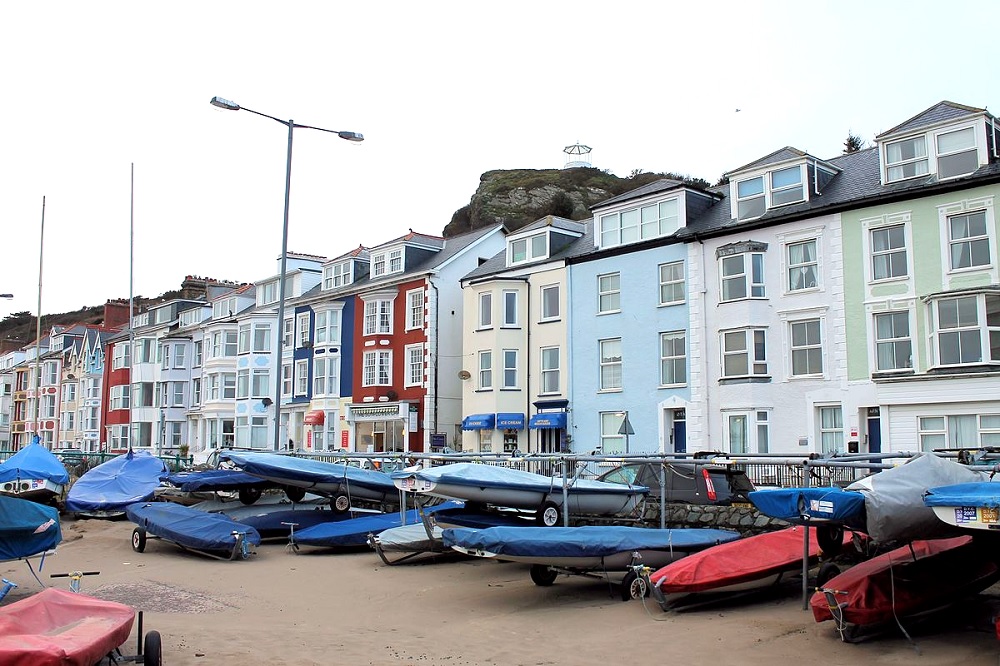Council presses ahead with plans to double holiday home tax premium

Gareth Williams, local democracy reporter
Opposition to a planned second home tax hike has failed to deter decision-makers, who plan to forge ahead with the proposals in light of a “housing crisis”.
The recommendation to increase the council tax premium from 50 per cent to 100 per cent comes despite a public consultation showing opposition to the plans, with a majority (55.1%) believing that second homes brought “positive benefits” to many communities.
But with most respondents being second home owners themselves (58.6 per cent) and locals generally against holiday homes, cabinet members concluded that the consultation was “not a referendum” and pressed on with increasing the premium to the maximum currently allowed by the Welsh Government.
Since 2018, a 50 per cent premium has been slapped on the council tax bills of owners of second and long-term empty homes in Gwynedd, with the extra cash forming the backbone of a £77m scheme to build more homes and clear a rising social housing waiting list in the county.
With Gwynedd having more holiday homes than any other area of Wales, council figures show that 60 per cent of locals are currently priced out of the housing market – with 6,849 or 10.77 per cent of the country’s entire housing stock now being designated as second homes.
But despite long running concerns that the owners of many second homes are using a “loophole” to transfer from domestic to non-domestic rates by registering their properties as self-catering holiday units – thus usually avoiding paying any council tax at all – members were adamant that doubling the premium was the way forward.
Said to average 400 a year, 2,106 have already transferred since 2014, representing a loss of £286,000 of tax premium income every year, which doesn’t include the basic council tax which will also be lost and a refund paid due to back-dating.
Responding to suggestions that the plans represented an “attack on tourism”, Cllr Gareth Thomas rubbished the general spend and economic benefits of holiday homes compared to the same property being occupied all year round.
‘Loopholes’
Cllr Catrin Wager, meanwhile, expressed her “disappointment” that more had not been done on a Welsh Government level to close existing “loopholes” in the taxation system.
The housing portfolio holder, Cllr Craig ab Iago, said that he’d been contacted by several second home owners who felt that they were being “punished” by the “unfair” proposals, but went on to outline the scale of the county’s “housing crisis”.
“The situation is getting worse, with Brexit and Covid and now the ‘Zoom boom’, with people realising they don’t need to live in a city and Brexit making it harder for people to own second homes in France or Spain,” he said during Tuesday’s cabinet meeting.
“As a council we have to do what we can to improve the situation, but we don’t want to punish anyone.
“It’s about being positive and creating a situation that’s fair for all.
“Every pound generated from the premium has been earmarked for the housing action plan, designed to provide homes for the people of Gwynedd.
“The more we generate from the premium, the more we can do to correct the imbalance in many of our communities.”
With cabinet members unanimously backing a recommendation to increase the second and empty home premiums to 100 per cent from April 2021, a final decision will be made during the next full council meeting on March 4.
Support our Nation today
For the price of a cup of coffee a month you can help us create an independent, not-for-profit, national news service for the people of Wales, by the people of Wales.





